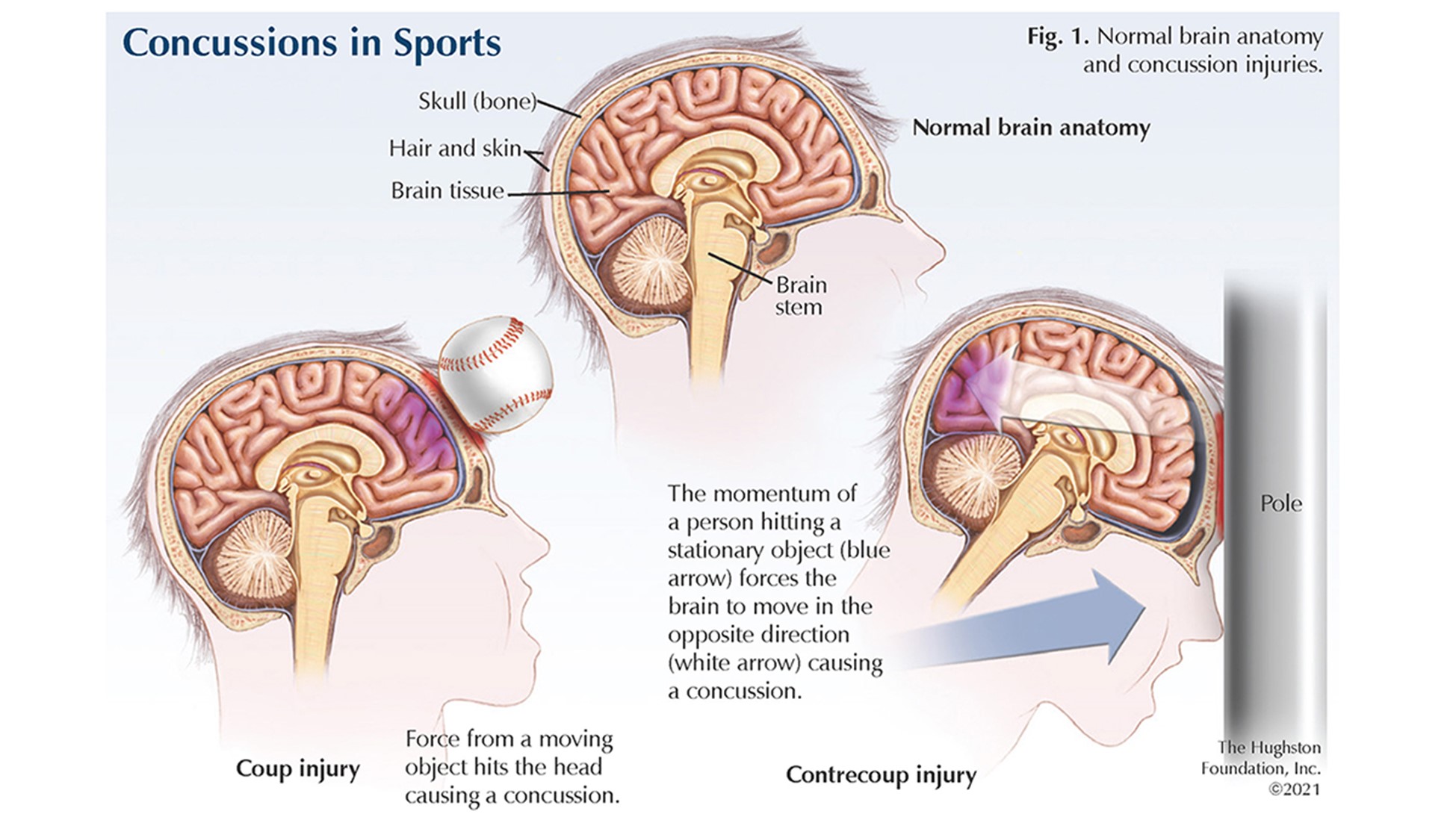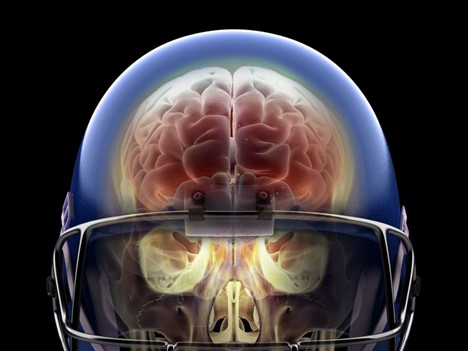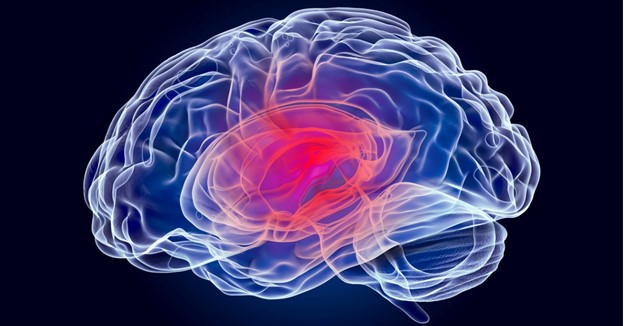- 24 July 2024
- 218
Link Between Concussions in Sports and Alzheimer’s Risk

Concussions in sports are not only a concern for immediate injuries but also for potential long-term health risks. Recent have shed light on a potential link between sports and an increased risk of Alzheimer’s disease. this connection is crucial for athletes, coaches, and medical professionals to take proactive measures to protect brain health and mitigate the risk of cognitive decline in the future.
1. The Impact of Concussions in Sports:
Concussions, often to as mild traumatic injuries, are a common in contact sports such as football, soccer, hockey, and boxing. These head injuries can result from direct blows to the head or sudden jerking movements that cause the brain to jolt within the skull, leading to symptoms such as headache, dizziness, confusion, and memory loss.
2. Immediate Effects vs. Long-Term Risks:
While immediate effects of concussions in sports are well-documented, the long-term consequences are less understood. Emerging research suggests that repeated concussions or head trauma may have cumulative effects on the brain, potentially increasing the risk of neurodegenerative diseases like Alzheimer’s in later life.
3. Mechanisms of Brain Injury:
Concussions disrupt the normal functioning of the brain by causing chemical imbalances, inflammation, and cellular damage. Over time, this disruption can trigger neurodegenerative processes, including the accumulation of abnormal protein deposits in the brain, which are hallmark features of Alzheimer’s disease.
4. Alzheimer’s Disease and Cognitive Decline:
Alzheimer’s disease is a progressive neurodegenerative disorder that affects memory, cognitive function, and behavior. While the exact cause of Alzheimer’s remains unclear, factors such as genetic predisposition, age, lifestyle, and now, potentially, a history of concussions in sports, may contribute to the development of the disease.

5. Research Findings and Correlations:
Several studies have reported associations between a history of concussions in sports and an increased risk of developing Alzheimer’s disease later in life. Researchers have observed higher rates of cognitive impairment, memory deficits, and brain abnormalities in retired athletes with a history of head injuries compared to the general population.
6. Importance of Early Detection:
Early detection of cognitive impairment and Alzheimer’s risk factors is critical for timely intervention and management. Athletes, especially those with a history of concussions, should undergo regular cognitive assessments, brain imaging scans, and neurological evaluations to monitor brain health and detect any signs of cognitive decline.
7. Protective Measures and Concussion Protocols:
To reduce the risk of concussions in sports and mitigate long-term health consequences, strict concussion protocols and safety measures should be implemented at all levels of sports participation. Athletes should receive proper training on injury prevention, use appropriate protective equipment, and follow guidelines for concussion recognition and management.
8. Rehabilitation and Brain Health Support:
For athletes who have suffered concussions, rehabilitation programs, cognitive training, and brain health support can play a crucial role in promoting recovery and reducing the risk of long-term cognitive impairments. Multidisciplinary care teams, including neurologists, neuropsychologists, and physical therapists, can provide comprehensive care tailored to individual needs.
9. Education and Awareness Initiatives:
Raising awareness about the link between concussions in sports and Alzheimer’s risk is essential for promoting brain health and injury prevention in athletes. Educational initiatives, seminars, and advocacy campaigns can empower athletes, coaches, parents, and healthcare providers to recognize the signs of concussions, prioritize safety, and take proactive steps to protect brain function.
10. Future Research Directions:
As the understanding of concussions in sports and their implications for brain health continues to evolve, ongoing research is needed to unravel the complex mechanisms underlying the link between head injuries and neurodegenerative conditions like Alzheimer’s. Collaborative efforts across disciplines will drive innovation in prevention, diagnosis, and treatment strategies to safeguard the brain health of athletes and improve outcomes in the long term.

Conclusion:
The link between concussions in sports and Alzheimer’s risk underscores the importance of prioritizing brain health and injury prevention in athletes. By staying informed, implementing preventive measures, and supporting research efforts, we can work together to ensure the safety and well-being of athletes while minimizing the potential risks associated with head injuries in sports.

